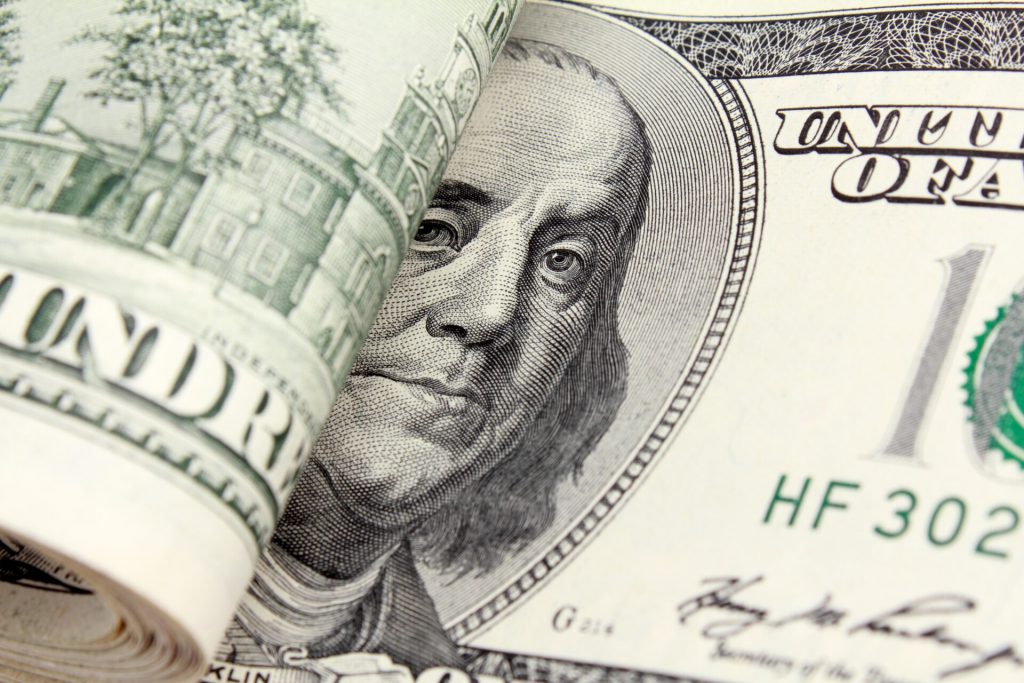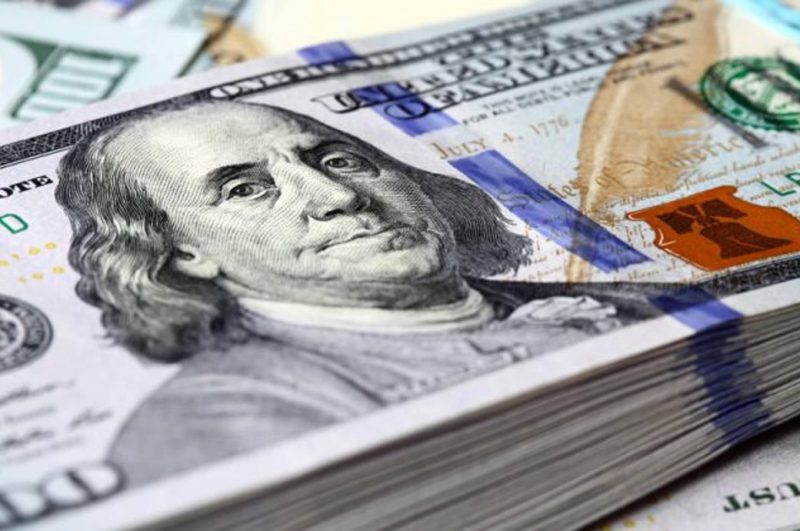The US dollar is currently standing at a precarious threshold. With the rise of multipolar currencies on a global scale, the value of the USD seems to be in grave jeopardy.
In a new twist of events, the Kenyan shilling seems to be gaining considerable strength against the US dollar. Per Bloomberg, the KSH has recorded a 24% spike against the USD as Kenya continues to subdue its inflationary pressure.
The US economy is currently undergoing intense fiscal turmoil. With the rising debt metrics, the nation stands at risk of an economic meltdown, impacting the US Dollar’s value and prestige in the long run.
The calls for de-dollarization have further intensified, giving other contemporary nations a chance to show their mettle. With the Yuan trending high in trade and the Kenyan shilling gaining strength, the US dollar is now fiercely contested by other regional currencies in a novel predicament.
Also Read: Why Is The US Economy Heading Toward a Death Spiral?
Currency: Why is the Kenyan Shilling Rising Against the US Dollar?


Kenya’s currency, dubbed the “Kenyan shilling,” is changing the old currency narratives. According to Bloomberg, KSH has recorded a 24% gain against the USD, which is being dubbed astonishing by many analysts.
One of the primary reasons that enabled Kenya to strengthen its currency is the notable sunspots theory. In economics, sunspots are dubbed psychological and social phenomena that affect economic policymaking and governance.
Chairman of the Presidential Council of Economic Advisors, David Ndii, later corroborated the theory when he addressed the media to voice his opinion about the US dollar and Kenyan Shilling.
Also Read: Gold Prices: Can April be Gold’s Best Month Yet? This Analyst Thinks So!
Ndii emphasized how external factors such as investor sentiment, reactions to non-economic events, or novelty indicators have been driving the value of the shilling ahead.
“I keep asking you which fundamentals were driving the free fall. It seems y’all missed this class,” Ndii later shared.
The oversubscription of infrastructure bonds issued by the national treasury of Kenya has largely attributed to the stability of the shilling.
The Kenyan government had earlier sought to raise KSH 70 billion from the infrastructure bonds issued but later received a staggering 241 billion KSH from investors. Moreover, the tea exports have also bolstered the Kenyan economy, shouldering some of the mounting pressure.
KSH vs. USD
A strong Kenyan shilling can potentially erode the USD’s prestige. A robust KSH may impact export competitiveness, making it harder for the US to strike a trade balance with the region.
A stronger Kenyan Shilling can also impact foreign investment from the US. A robust KSH can help Kenya to denominate and exchange assets in Shilling which can cause US Dollar depreciation and erosion.





